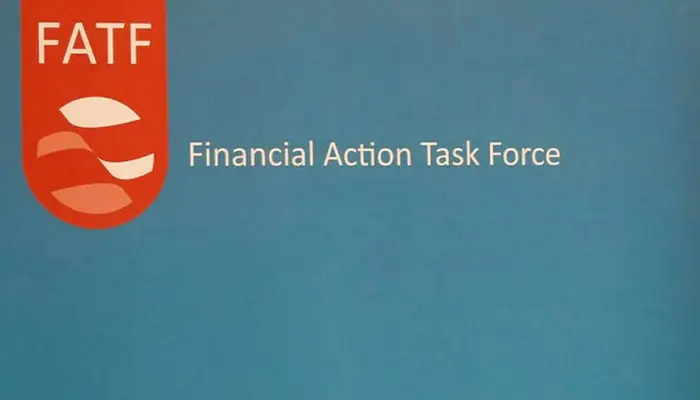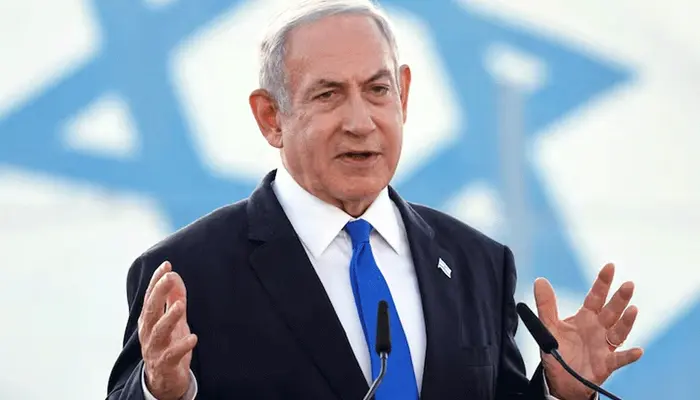
The Philippines has officially exited the Financial Action Task Force (FATF) grey list, a designation for countries under increased monitoring for money laundering and terrorism financing. The decision, announced on Friday, marks a significant milestone for the country’s financial reputation. Removal from the list is expected to improve cross-border transactions, financial transparency, and economic stability.
FATF’s Decision and Its Impact
The FATF, a Paris-based global watchdog, oversees efforts to combat financial crimes worldwide. It placed the Philippines on its grey list in 2021, citing deficiencies in its financial system. After years of corrective measures, the FATF conducted a successful on-site review and removed the country from increased monitoring.
The Anti-Money Laundering Council (AMLC) in Manila hailed the decision as a major achievement. The council stated that exiting the grey list would reduce compliance barriers, lower transaction costs, and enhance investor confidence.
The decision also brings relief to over two million overseas Filipino workers (OFWs), who send billions of dollars in remittances home each year. Faster and cheaper money transfers will benefit both workers and their families.
Government Actions Leading to Removal
President Ferdinand Marcos Jr. played a key role in addressing the FATF’s concerns. In 2023, he signed an executive order targeting financial crimes, strengthening the country’s efforts against money laundering and terrorism financing.
Additionally, Marcos ordered the shutdown of offshore gaming operators (POGOs), which were linked to money laundering, human trafficking, fraud, and other organized crimes. These measures demonstrated the government’s commitment to financial security, influencing the FATF’s decision.
Read: Xi Meets Jack Ma and Business Leaders Amid Economic Slowdown
Criticism Over Anti-Terrorism Measures
Despite the positive outcome, human rights groups have raised concerns about the Philippine government’s actions. Human Rights Watch (HRW) accused authorities of using anti-terrorism laws to target civil society organizations and activists.
Bryony Lau, deputy Asia director at HRW, claimed that the government had prosecuted individuals on baseless charges to improve its standing with the FATF. She warned that anti-terror laws should not be used as a tool for political suppression.
A New Chapter for the Philippines
With its removal from the FATF grey list, the Philippines is entering a new phase of economic and financial growth. In conclusion the decision enhances its global financial credibility, attracting investors and boosting international trade.
While challenges remain, the country’s commitment to financial reform and crime prevention signals a more stable and transparent financial future.
Follow us on Google News, Instagram, YouTube, Facebook,Whats App, and TikTok for latest updates












